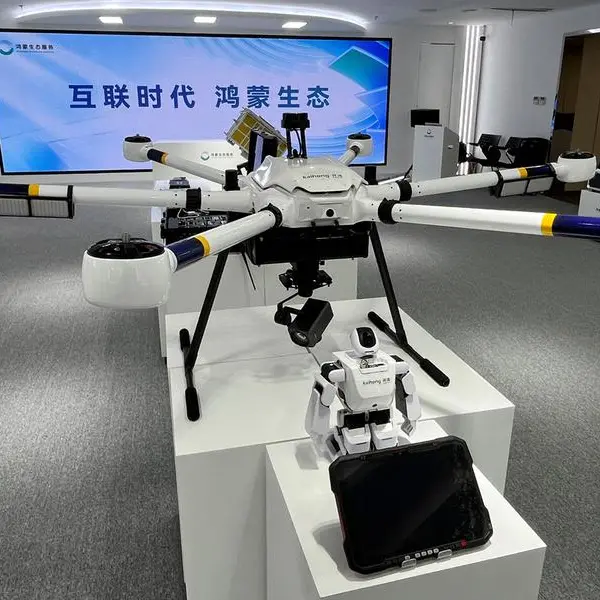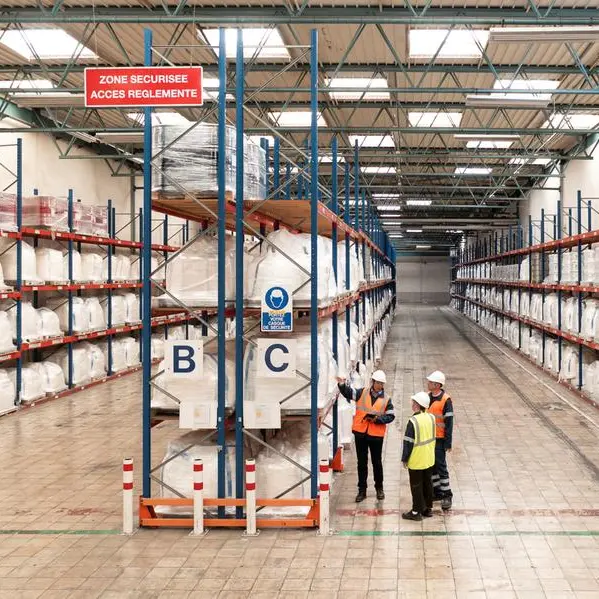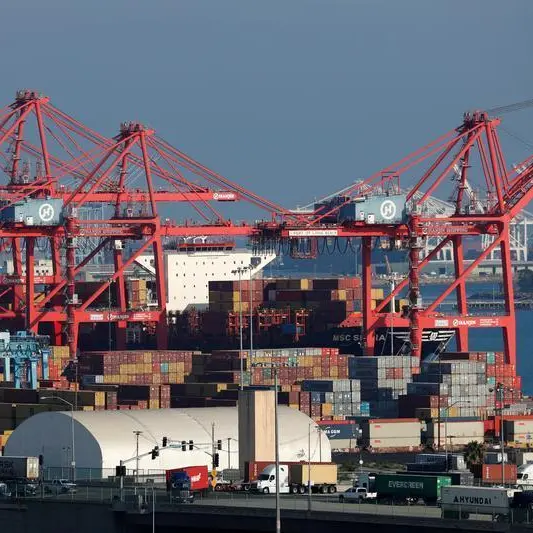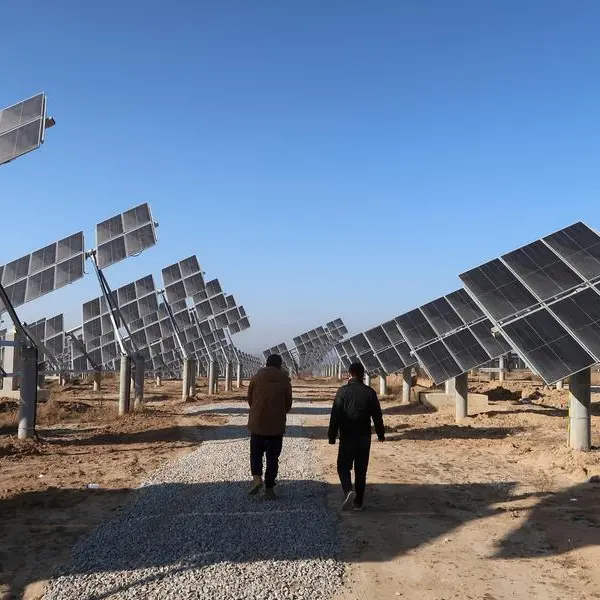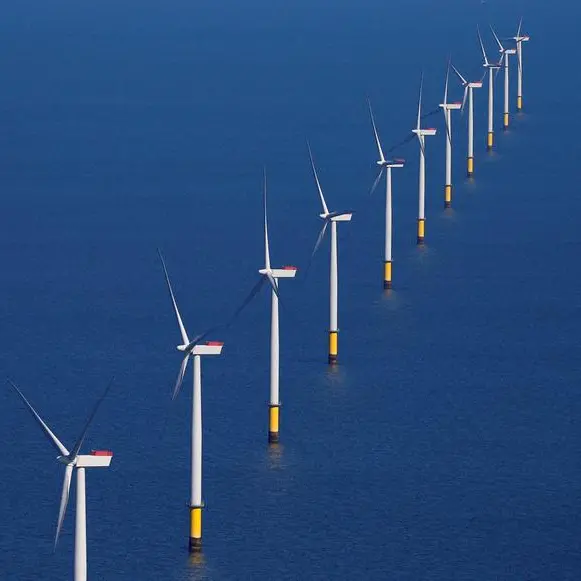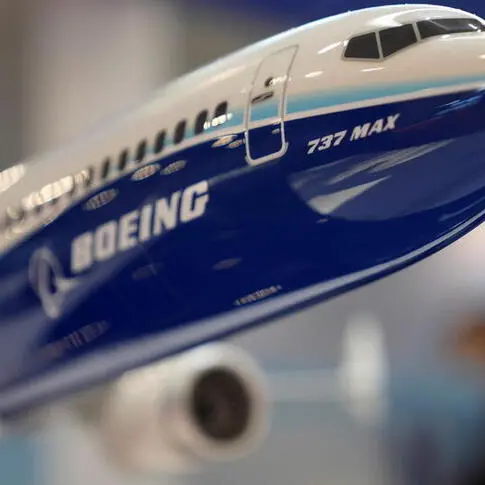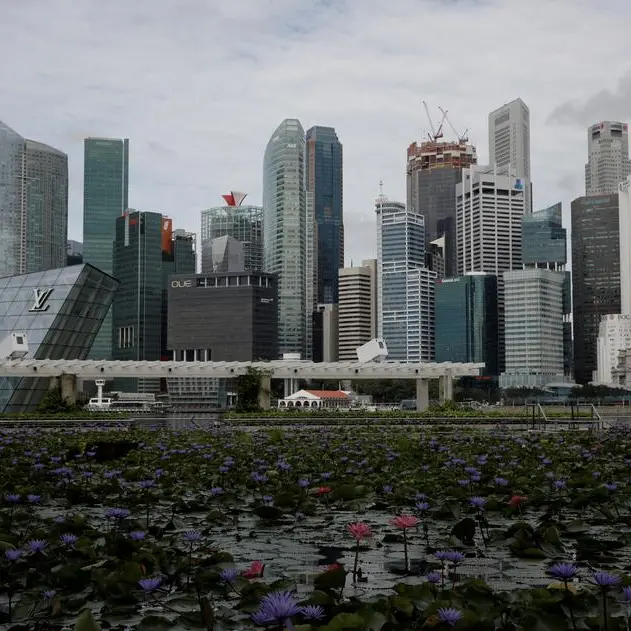Cities are who we are.
The built environment around us is not just concrete, glass, and asphalt. It reflects our culture and is intertwined with quality of life and economic opportunity. Venice and Prague's remarkable Renaissance architecture reflects a golden era of traders and artisans; the same can be said of the souqs of Marrakech, Istanbul or Doha, Tokyo’s blend of modern and traditional, or even the energy pulsing from Manhattan’s streets.
In Africa, the economic and cultural story that will define urban life for generations is being written today. You see the outlines of it in Kigali's clean, orderly, and green sidewalks, reflecting on people who are impatient to end poverty and know how to get things done, including a major new airport, stadium, tech city, and transport infrastructure that are all rising. You see it in the youthful energy of Kampala, one of the world’s youngest populations, as boda-bodas zip around between new buildings, moving people studying or working to better their lives. You see it in how Dar es Salaam’s port and coastline reflect the cultural diversity of its people and the influence of trade in its historical growth. You see it in Addis Ababa’s skyline, as East Africa’s tallest buildings reflect the country’s growing aspirations.
As these stories are written, they must answer pressing questions: Will these cities yield productive economies and economic growth? Will those cities be sustainable and livable? African entrepreneurs and innovators are developing solutions that help ensure Africans can live productive, dignified lives in cities. Backing such entrepreneurs is one of the most important opportunities for impact globally.
Facts: Africa is the fastest urbanizing continent on the planet. Over the next two decades, African cities will add over 500 million people. By 2040, Africa will host a dozen mega-cities with more than ten million inhabitants each. Addis Ababa, Africa’s fastest-growing city between 2010 and 2019, grew at an eye-popping 9.5% yearly. Dar es Salaam and Kampala weren't far behind at 7.3% and 5.5%, respectively. These cities of opportunity can be found among what global consultancy McKinsey calls Africa’s consistent growers - countries like Ethiopia, Rwanda, Tanzania, and Uganda, who have recorded constant growth rates over a generation.
Major challenges remain
Economic growth and urbanization are closely linked. International evidence suggests that doubling a city’s size boosts income per capita between 3%-8%. But growth doesn’t solve all problems. Major challenges remain, including infrastructure, housing, transport, informality, and sustainability.
Over 18% of urban Africans - 100 million people - lack access to electricity; while 66% of city dwellers have no access to sufficient water and sanitation. The African Development Bank estimates Africa must spend $130-170 billion annually on infrastructure - over $60 billion more than current levels. But if these projects are poorly supervised, cost overruns can add another 10%-50% to the bill, widening the deficit while creating safety risks and undermining trust between governments and citizens. Startups like Charis UAS in Rwanda enable developers to keep projects on plan and budget by remotely monitoring projects in near real-time on their AI-driven data platform.
The UN estimates 230 million Africans live in informal settlements with inadequate housing. Housing is a key social determinant of health. Ethiopian startup Kubik is transforming plastic waste, a major problem in Africa, into construction materials for houses that are built quickly, at lower cost, and with a fifth of the carbon impact of concrete.
Traffic is a major challenge in African cities. Dar es Salaam, which will have over 10 million inhabitants by 2027, was the first Eastern African city to implement a public bus rapid transit (BRT) project, serving 200,000 passengers daily, increasing productivity and creating jobs on its corridor. However, the inter-city market is fragmented, with over 1,000 bus operators each owning between one to five buses. Tanzanian Safiri is solving this with ERP software for bus operators helping them manage efficiently while booking passengers online.
Africa’s retail market value exceeds $1 trillion, but the majority is informal. Efficiently supplying large and growing urban markets is a logistical and financial challenge, contributing to food waste and cost. Will big-box retailers squeeze out African mom-and-pop shops, as has happened in the West? A more likely story is technology will enable African retailers, from Dukkans in Khartoum to kiosks in Zimbabwe, to remain a competitive and authentic part of Africa’s urban experience.
Nigerian startup Sabi, recently valued at $300 million, and Egypt’s MaxAB provide digital commerce tools to help informal retailers manage supply chains. Others, such as Kenya’s SokoFresh and Nigeria’s ColdHubs, provide solar refrigeration to reduce food waste.
Governments will need to rise to the challenge and will need finance. Every dollar invested by African states in urban infrastructure returns a productivity dividend. According to IFC, switching to green technology, as Kampala planned as far back as 2016, can also reduce construction's carbon footprint by 23%.
However, private capital has a crucial role: backing African technologists who design innovative solutions to the problems of their cities. Collectively, these entrepreneurs are helping to realize Sustainable Development Goal 11, which seeks to ‘make cities and human settlements inclusive, safe, resilient and sustainable.’
Every dollar invested by venture capital to back these entrepreneurs is good business that changes the lives of millions.
(Disclosure: Magdi Amin’s firm, African Renaissance Partners, holds positions in Kubik and Charis).

